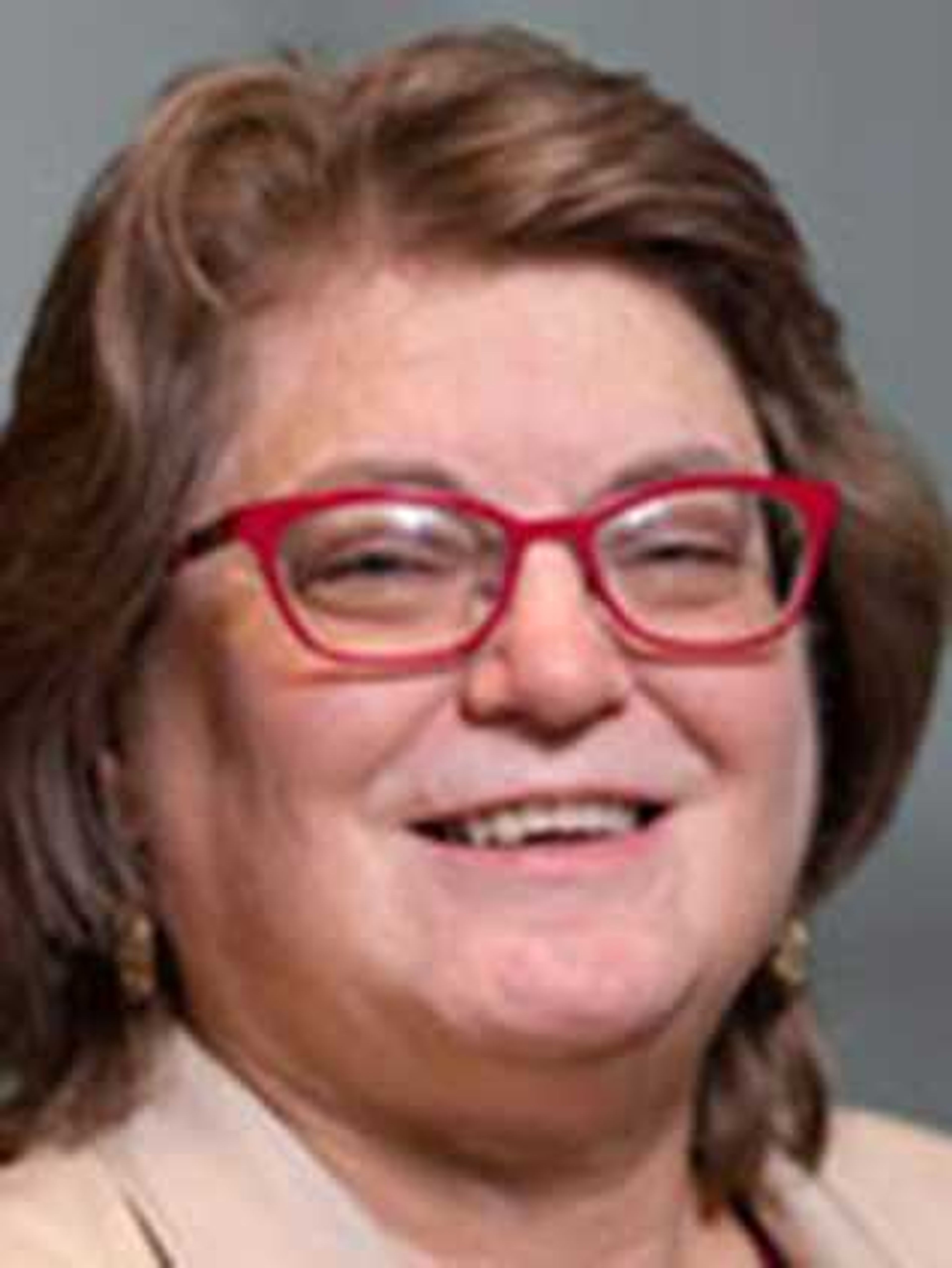'Fake news' headlines Kent Library lecture
“Fake news” is a contradictory term, and it’s also not new — use of the term predates the United States. That was the subject of a lecture Wednesday, part of Kent Library’s Athenaeum Series, from Pam Parry, professor and chairwoman of the Department of Mass Media at Southeast Missouri State University...
“Fake news” is a contradictory term, and it’s also not new — use of the term predates the United States.
That was the subject of a lecture Wednesday, part of Kent Library’s Athenaeum Series, from Pam Parry, professor and chairwoman of the Department of Mass Media at Southeast Missouri State University.
“If it’s fake, it’s not news,” Parry said. “It is propaganda, it is a lie, it is whatever. If I could have magical powers, I’d change the culture to say, ‘It’s news or it’s not.’”
News that has been faked is designed to trick the public, she added.
“Sometimes, politicians who do evoke (the term) do so because they’re trying to blame the news, trying to change (focus) — you’re looking at me, now you’re looking at them.”
Parry said some journalists have let the public down, notably Janet Cooke in the 1980s and, later, Stephen Glass, but it comes down to integrity — of the journalist and of the publication.
Cooke had written about “Jimmy,” an 8-year-old boy addicted to drugs in Washington, D.C., without disclosing that “Jimmy” was not real — Cooke had created a composite to illustrate the drug problem. Glass had been a journalist for The New Republic, and had used quotes from sources who did not exist, eventually fabricating entire stories, Parry said.
“We’ve heard that journalists are the enemy, fake news, the problem, even accused of being un-American. Are you kidding me?” Parry said. “I would argue that today, one of the most American institutions is the press or the news media. But we were founded in part on the notion of free speech, freedom to write, to think, and newspapers were foundational to how we even began as a country.”
Parry said the notion of free speech is so important, it was guaranteed by the first amendment — not up for debate, not put to a vote, but guaranteed.
Regardless, she said, “I don’t think any president in American history has ever been pleased with how the press covers them.”
Between his inauguration Jan. 20, 2017, and Jan. 17, 2018, President Donald Trump used the word “fake” 404 times, Parry said, citing CNN research.
But he is far from the first political figure to complain about the press, Parry said: even British King Henry VIII invoked false news, as did Queen Elizabeth I. Partly in reaction to that stance, the American founders insisted on protecting the freedom of expression.
The notion of an impartial press is a relatively new one, coming about in the 20th century, Parry said.
“I think we’re in a new era with the internet,” Parry said. “Everyone can have a blog and call themselves a journalist. It’s blurred a lot of lines.”
Parry said there’s a difference between a person trained in the field and one who is not.
There’s also a difference between accuracy and truth, she said.
Journalists seek to be “beyond accurate,” she said, but the truth is often nebulous.
“Sometimes a reporter is accidentally misled by sources, although it’s their job not to be,” Parry said. “Accurate, truthful reporting is the goal. That’s not always easy.”
Connect with the Southeast Missourian Newsroom:
For corrections to this story or other insights for the editor, click here. To submit a letter to the editor, click here. To learn about the Southeast Missourian’s AI Policy, click here.










